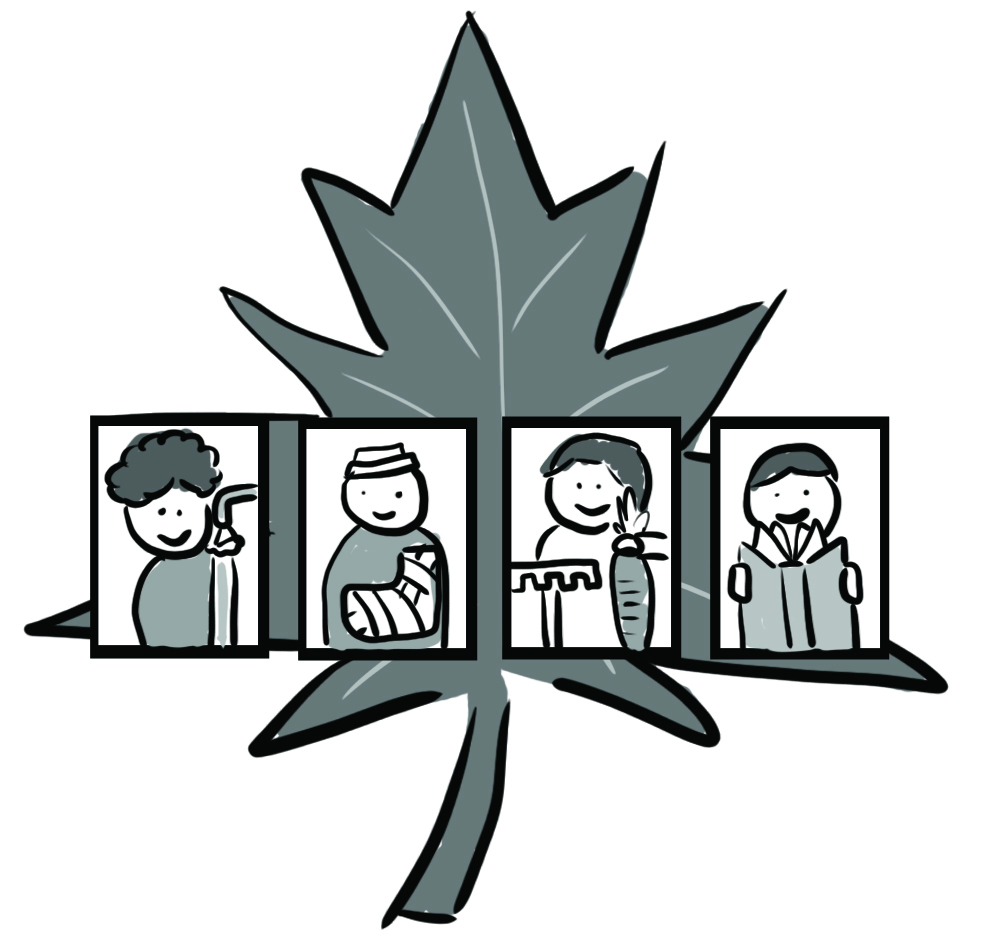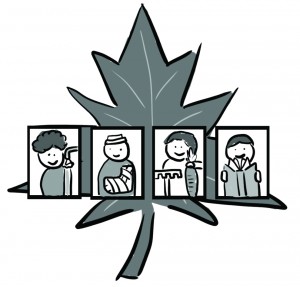Room for improvement in kids’ rights


Last Thursday, the Canadian government met with UNICEF (United Nations Children’s Fund) in Geneva for a serious discussion and revision of the Government of Canada’s efforts to secure the rights and well-being of children in the country.
A number of headline topics highlighted the discussion, including internet security for children, health and nutrition concerns, the status of First Nations children in Canada, along with multiple mentions of Omar Khadr, who was recently repatriated to Canada.
These topics were the source of intense questioning and subsequent scrutiny from UNICEF representatives.
Judith Bossé, the assistant Deputy Minister with the Public Health Agency of Canada, presented the official opening statement on behalf of Canada. “The situation for most children in Canada is, generally, very good,” Bossé began.
“That said, some children continue to face challenges. Children of minority groups, living in low income families, living in rural and remote areas, children with disabilities, recent immigrants and aboriginal children often face a disproportionate burden.”
Bossé started off by highlighting some of the collective achievements by the Canadian government as of late. “[In] 2011-2012 the Government of Canada provided the largest federal investment in early childhood development and early learning and early child care in the history of Canada,” she said.
Bossé went on to explain that the Government of Canada allocates over ten billion dollars annually to Aboriginal Peoples, which is distributed through federal departments and agencies.
She also highlighted the apology delivered by Stephen Harper on behalf of the federal government towards the Aboriginal Peoples of Canada for the treatment of Aboriginal children in residential schools.
Another issue that was addressed in the opening of the discussion was the problem of human trafficking in Canada.
Canada has become a hub internationally for human trafficking. According to the RCMP anywhere from 600-800 people are trafficked into Canada annually, with 1500-2000 people being smuggled through Canada to the US.
“We are pleased to report that in June 2012, Canada adopted a national action plan to combat human trafficking,” Bossé explained. “These measures, totaling more than 25 million over four years, focus on integrated and dedicated law enforcement initiatives.”
The nature of the proceedings was meticulous, with substantial information being requested of Canada by the United.
The Canadian government was asked to submit additional information on a number of topics by July of this year in preparation for the meeting, as outlined in documents made public by UNICEF.
The information they requested included specific data such as, “Disaggregated statistical data (including by age, sex and ethnic group) on children infected or affected by HIV/AIDS, as well as information on programs implemented to address the problems of these children.”
The UNICEF did direct quite a few criticisms towards the Canadian government, in particular their handling of the Omar Khadr case along with their lack of a systematic presentation of the information they had at hand.
“There is a lack of the analysis as to how and how much children’s rights have been achieved in the state and how progress has been made,” said Marta Mauras Perez, the vice-chair of the committee.
“Despite some progress, significant inequities in health and readiness for school affect children in families across the socioeconomic range, and too many Aboriginal children are left behind,” said David Morley, UNICEF Canada’s president and CEO, in a press release. “All levels of government need to make children a higher priority.”
Canadian representatives closed the meeting by stating their intention to take into consideration the recommendations and feedback provided by UNICEF.
The one resounding piece of advice offered by Perez and UNICEF colleagues was that, “What we’re telling you is really to raise the bar and to rise to the challenge, because Canada is one of the top five economies in the world.”


